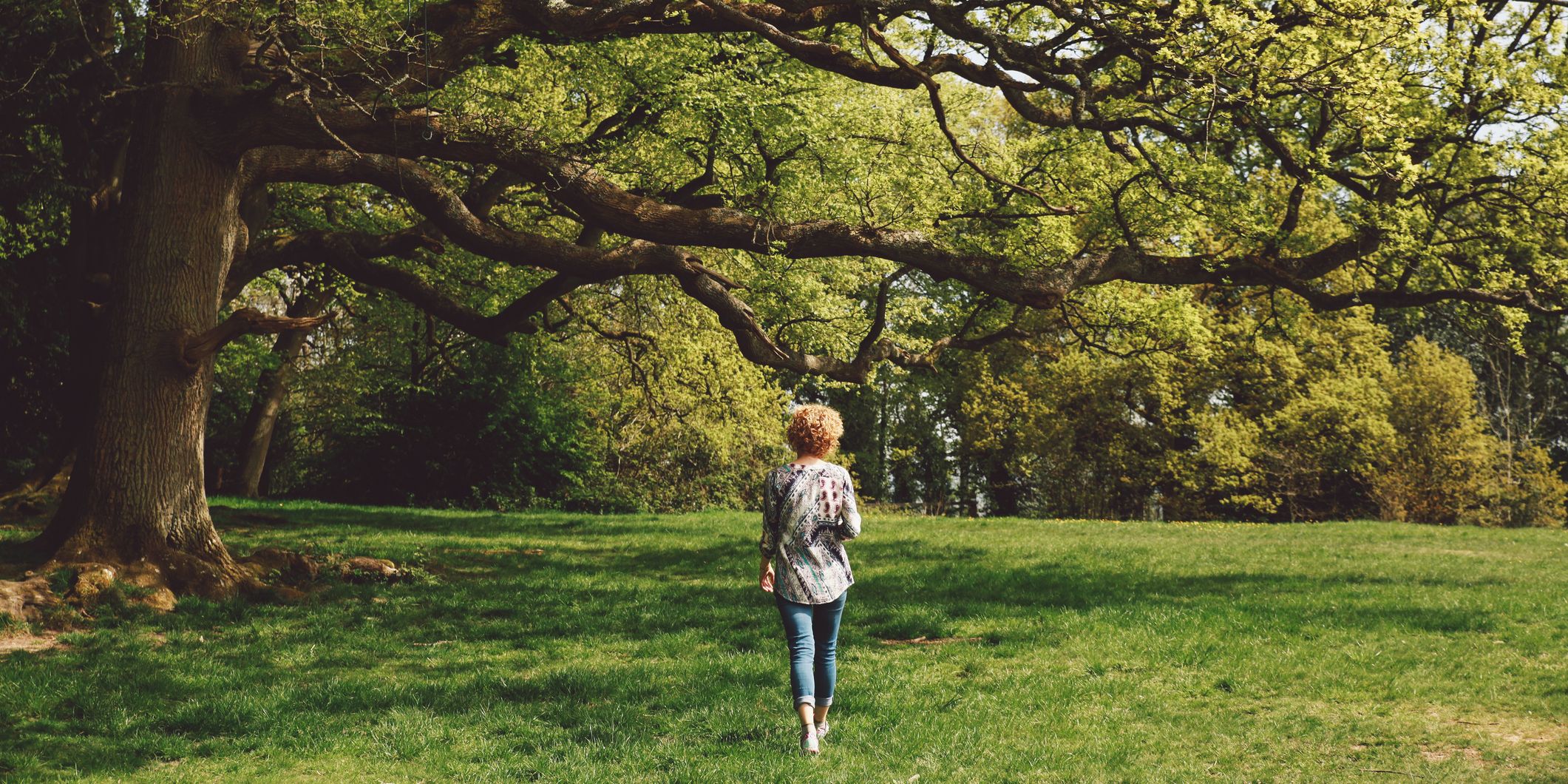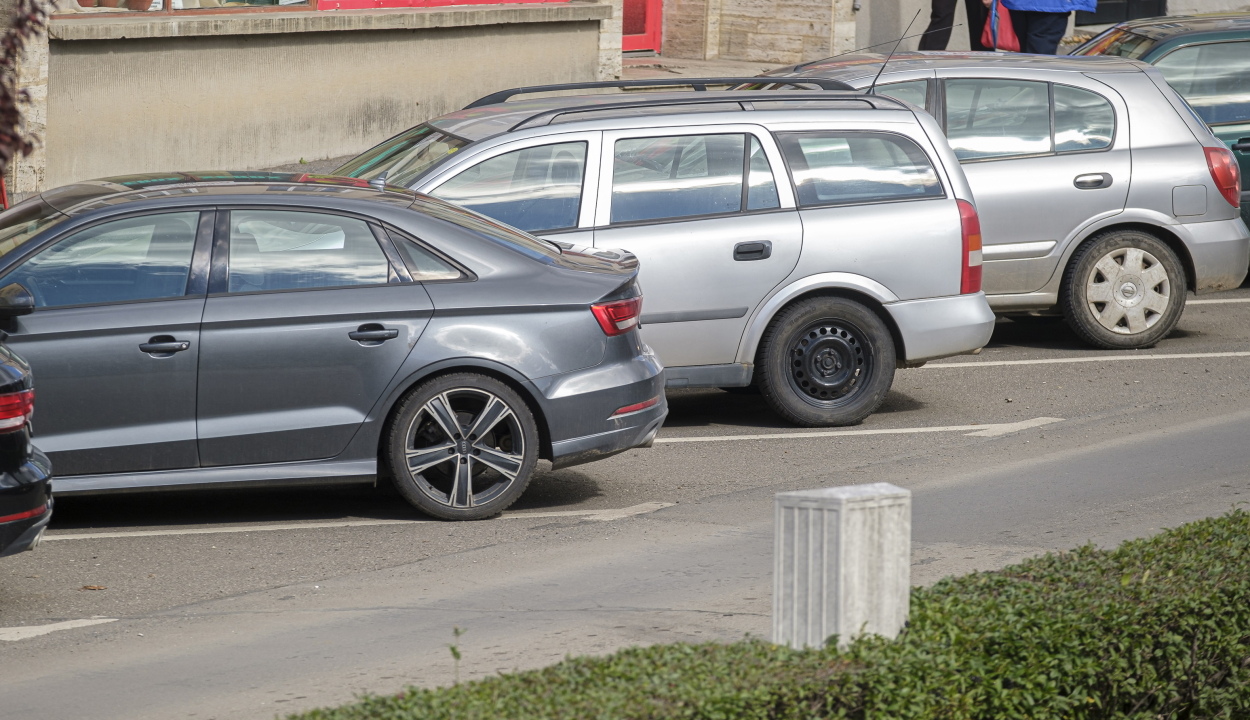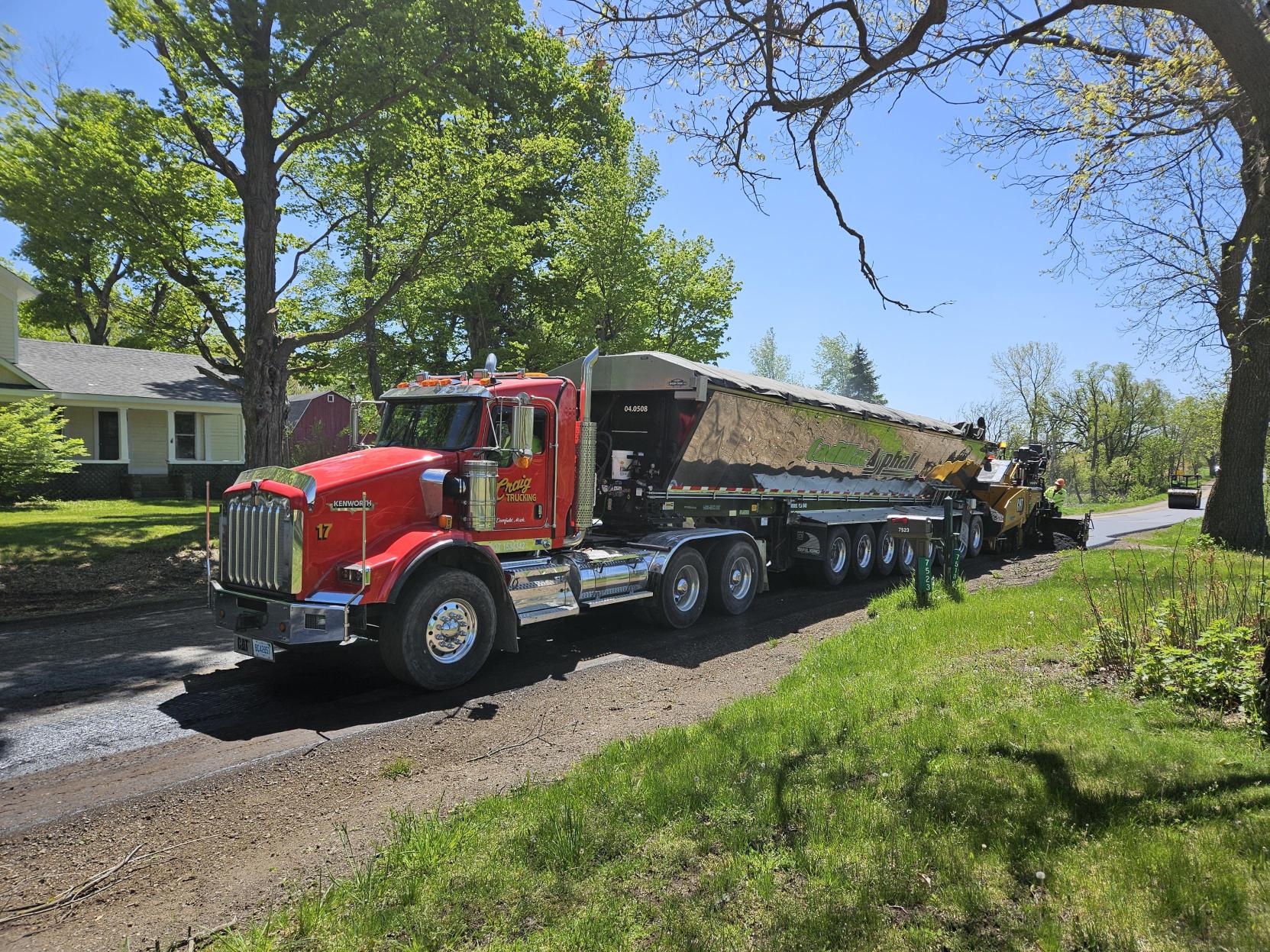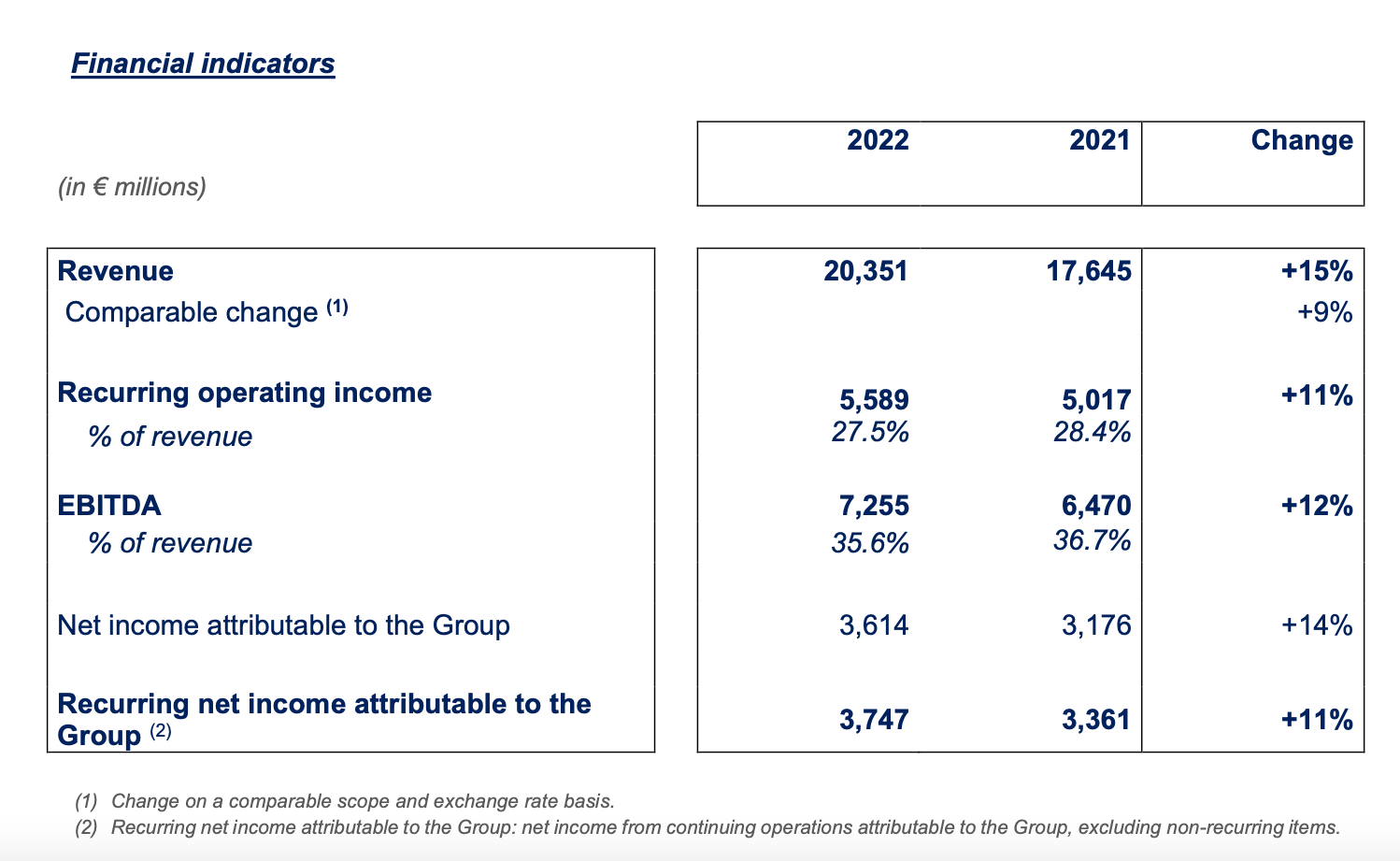Escape To The Countryside: The Costs And Benefits Of Rural Living

Table of Contents
The Allure of Rural Living: Benefits of a Country Lifestyle
The appeal of rural living is undeniable for many. A slower pace of life, closer connection with nature, and a stronger sense of community are just some of the draws. Let's explore the key advantages:
Enhanced Quality of Life
-
Increased access to nature: Imagine waking up to birdsong, spending weekends hiking scenic trails, fishing in a nearby river, or tending your own vegetable garden. Rural living provides unparalleled access to outdoor activities and a healthier lifestyle. The opportunities for recreation and relaxation are significantly increased compared to urban life.
-
Reduced stress and improved mental well-being: The slower pace of life, absence of constant city noise, and cleaner air contribute to reduced stress levels and improved mental well-being. Studies show that exposure to nature has a positive impact on mental health, making rural living an attractive option for those seeking a calmer lifestyle. This escape from urban pressures can lead to a significantly improved quality of life.
-
Stronger sense of community: Rural communities often boast a stronger sense of neighborly support and camaraderie. People tend to know each other, fostering a sense of belonging and mutual assistance. This close-knit community feel can be a significant benefit for those seeking social connection and support.
-
Improved air quality and healthier environment: Cleaner air and less pollution are common features of rural areas, contributing to better respiratory health and overall well-being. This healthier environment is a significant draw for families and individuals concerned about environmental factors.
Financial Advantages (Potential)
While not guaranteed, rural living can offer some potential financial benefits:
-
Lower property taxes (in some areas): Property tax rates vary significantly by location. Research thoroughly to determine the tax rates in your area of interest. Some rural areas boast lower property taxes than their urban counterparts.
-
Lower cost of living (potentially): The cost of living can be lower in some rural areas, particularly when considering food costs. Growing your own fruits, vegetables, and herbs can significantly reduce your grocery bill.
-
Increased property value (long-term): Demand for rural properties can increase over time, leading to potential appreciation in property value. However, this is not guaranteed and depends on various market factors.
-
Opportunities for self-sufficiency: Growing your own food, raising chickens for eggs, or even keeping bees for honey are all possibilities that can lead to greater self-sufficiency and lower living costs.
The Realities of Rural Living: Costs and Challenges
While the benefits are tempting, it's crucial to acknowledge the potential drawbacks of rural living:
Financial Considerations
-
Higher initial property costs: While property taxes might be lower, the initial purchase price of land and homes in rural areas can be surprisingly high, sometimes exceeding that of comparable urban properties due to larger lot sizes.
-
Increased commuting costs: Longer commutes to work, schools, and essential amenities can significantly increase transportation costs, including fuel, vehicle maintenance, and potentially the cost of childcare due to longer travel times.
-
Limited job market opportunities: Employment options in rural areas are often fewer and more specialized than in urban centers. This can limit career choices and potentially impact earning potential.
-
Higher home maintenance costs: Larger properties, older homes, and the potential need for more extensive repairs often result in higher maintenance costs compared to smaller urban dwellings.
-
Potential for higher utility costs: Rural areas may have less efficient infrastructure, leading to higher utility bills for heating, cooling, and internet services.
Lifestyle Adjustments
-
Limited access to amenities: Fewer shops, restaurants, entertainment venues, and specialized healthcare services may require longer travel times to access necessities and recreational activities.
-
Slower internet speeds: Reliable high-speed internet access can be a challenge in some rural areas, impacting work, education, and communication.
-
Isolation and loneliness: Increased distance from family, friends, and social networks can lead to feelings of isolation and loneliness, particularly for those unaccustomed to a less densely populated environment.
-
Potential for less diversity: Smaller, more homogenous communities may lack the cultural and ethnic diversity found in larger cities.
Making the Right Choice: Weighing the Pros and Cons
Before making the leap, careful consideration is essential:
Assessing Your Priorities
-
Consider your lifestyle preferences: Do you prioritize peace and quiet over convenience and a vibrant social scene? Honest self-reflection is crucial.
-
Evaluate your financial situation: Can you comfortably afford the higher initial costs and potential ongoing expenses associated with rural living? Develop a detailed budget.
-
Research specific rural locations: Don't just focus on "rural living" in general. Research specific towns and villages, comparing costs, amenities, job markets, and community feel. Different rural areas offer vastly different experiences.
-
Visit potential locations: Spend time in the areas you're considering to get a feel for the lifestyle, community, and daily life. This is vital for making an informed decision.
Planning Your Escape
-
Develop a detailed budget: Include all anticipated costs, such as moving expenses, property taxes, home repairs, transportation, and potential income loss during the transition.
-
Explore financing options: Mortgage lenders may have specific requirements for rural properties, so research your financing options early in the process.
-
Network with locals: Connect with residents in the areas you're considering to learn firsthand about the community, challenges, and advantages.
Conclusion
Escaping to the countryside offers a compelling lifestyle change, but it's crucial to understand both the alluring benefits and the significant financial and lifestyle adjustments involved. Carefully weigh the pros and cons, assess your priorities, and plan thoroughly before making such a significant move. By thoughtfully considering the costs and benefits, you can make an informed decision about whether a peaceful escape to the countryside is the right choice for you. Start your journey to finding your perfect rural retreat; begin researching your ideal escape to the countryside today!

Featured Posts
-
 Classic Art Week 2025 Porsche Di Indonesia
May 25, 2025
Classic Art Week 2025 Porsche Di Indonesia
May 25, 2025 -
 Egyedi Porsche Legendas F1 Motorral Hajtott
May 25, 2025
Egyedi Porsche Legendas F1 Motorral Hajtott
May 25, 2025 -
 Closing Bell Frankfurts Dax Experiences Losses
May 25, 2025
Closing Bell Frankfurts Dax Experiences Losses
May 25, 2025 -
 Planned M62 Closure Warrington Bound Resurfacing Manchester
May 25, 2025
Planned M62 Closure Warrington Bound Resurfacing Manchester
May 25, 2025 -
 Nightcliff Robbery Teenager Arrested After Fatal Stabbing Of Shop Owner
May 25, 2025
Nightcliff Robbery Teenager Arrested After Fatal Stabbing Of Shop Owner
May 25, 2025
Latest Posts
-
 European Stock Markets React To Trumps Tariff Comments Lvmh Shares Plunge
May 25, 2025
European Stock Markets React To Trumps Tariff Comments Lvmh Shares Plunge
May 25, 2025 -
 Kerings Q1 Performance A 6 Share Price Slump
May 25, 2025
Kerings Q1 Performance A 6 Share Price Slump
May 25, 2025 -
 Lvmh Shares Under Pressure 8 2 Decline Following Q1 Results
May 25, 2025
Lvmh Shares Under Pressure 8 2 Decline Following Q1 Results
May 25, 2025 -
 Silence Impose La Chine Muselle Les Dissidents En France
May 25, 2025
Silence Impose La Chine Muselle Les Dissidents En France
May 25, 2025 -
 Weak Q1 Results Send Kering Shares Down 6
May 25, 2025
Weak Q1 Results Send Kering Shares Down 6
May 25, 2025
